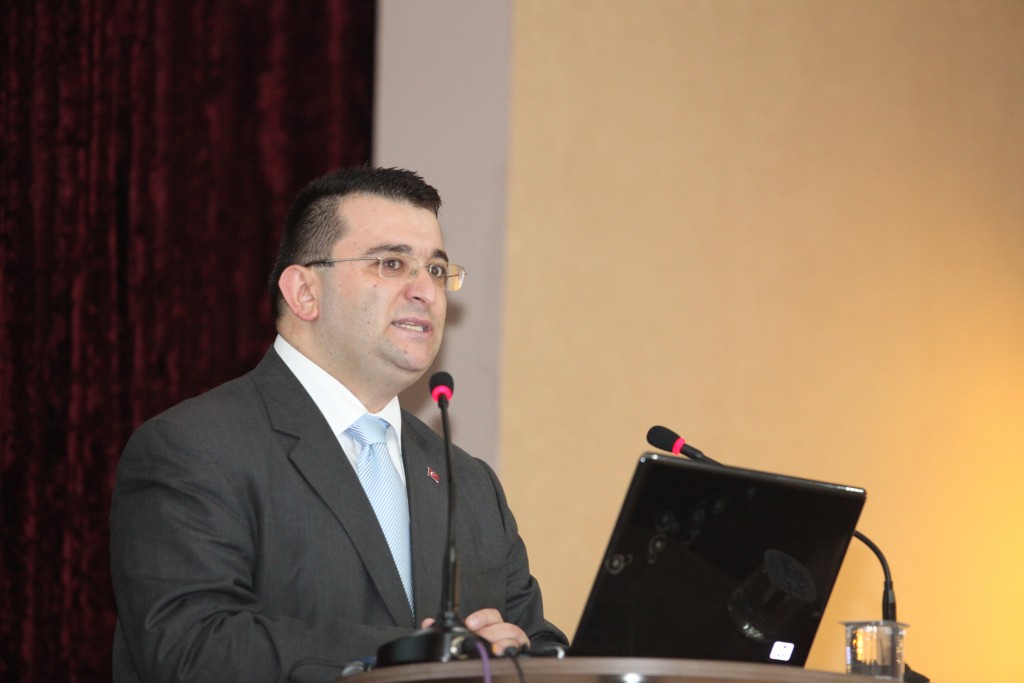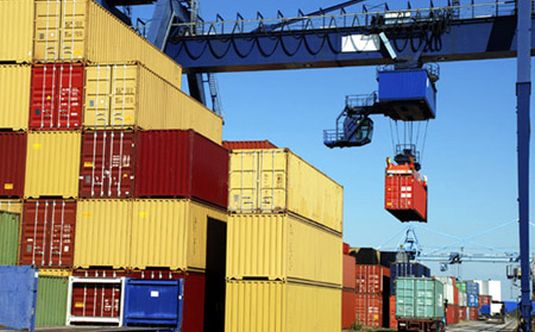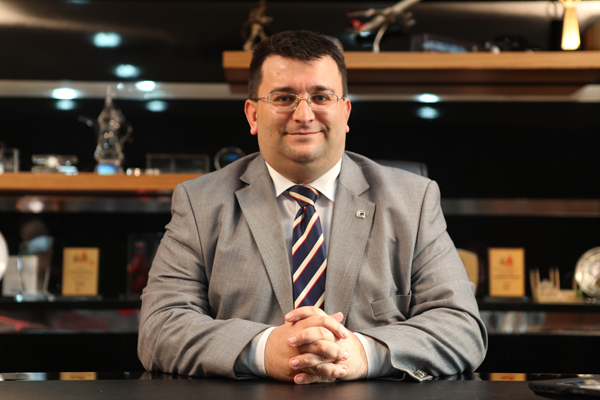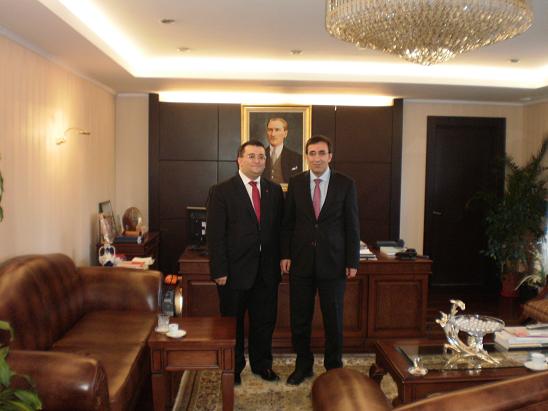
Su yönetiminin havza temelinde gerçekleştirilmesi ana fikrine dayanan AB Su Çerçeve Direktifi ile AB Deniz Stratejisi’nin amaç ve beklentilerine dair STK’ların kapasitesini geliştirmeyi ve Karadeniz’deki kirliliğin azaltılmasını amaçlayan Temiz Nehirler- Temiz Deniz! Projesi kapsamında STK temsilcileri ve gönüllülerine yönelik ücretsiz iki haftallık online kurs düzenlenecektir.
Kurs kapsamında su kaynakları yönetimi konusunda politika oluşturma teknikleri yapısal/yapısal olmayan, ihtiyatlılık/restorasyon, hukuksal ve hukuksal olmayan yaklaşımları içermektedir. Bütünleşik Su Kaynakları Yönetimi IWRM ele alınacaktır.
Su Politikaları Online Kursu, su kaynakları yönetiminin planlama ve yasal süreçlerle bütünleşik bir şekilde ele alınması temeline dayanıyor. Sivil toplum kuruluşu temsilcilerine yönelik bu eğitim programı farklı ülkelerde su kaynakları yönetimi konusunda örnek olaylar ele alınarak oluşturuldu. 6 farklı ülkeden katılıcıların davet edildiği internet tabanlı uzaktan eğitim programı kapsamında örnek olaylar ele alınarak işlenecek ve katılımcılardan konularla ilgili vakaları araştırarak sunmaları beklenecektir. Internet tabanlı uzaktan eğitim programı iki hafta sürecek ve toplamda 16 saat ders işlenecektir.
Kayıt:
Sivil toplum temsilcileri ve gönüllülerine yönelik olarak düzenlenen bu kurs ücretsizdir.
Katılım için adayların özgeçmişlerini ve kısaca bu kursa katılma amaçlarını anlatan yazıyı ingilizce olarak 6 şubata kadar dogayabanhayat@gmail.com adresine iletmeleri gerekmektedir.
Eğitime katılmaya hak kazanan adaylarla 15 şubatta iletişime geçilecektir.
Temiz Nehirler- Temiz Deniz! Projesi
Su Politikaları Online Kursu “Temiz Nehirler- Temiz Deniz!” Projesi kapsamında düzenlenmektedir. Bu proje Türkiye’den Doga ve Yaban Hayatı Koruma Derneği ile dört farklı Karadeniz ülkesinde bulunan ortaklar tarafından yürütülmektedir. Projenin hedefi, uluslararası su yonetimi ve Karadeniz’deki kirliliğin azaltilması ve ilgili olarak STK’ların kapasitesinin geliştirilmesidir. Bu ortak eylem, AB “Karadeniz Havzasıi Ortak Operasyonel Programı 2007-2013″ tarafından finanse edilmektedir. Projenin katılımcılarıaları Karadeniz havzasinda yer alan ülkelerdeki alti sivil topium kurulufudur. Ana yararlanıcı, Eko Danışma Merkezi Galati (Eco Counseling Centre Galati), Doğa ve Yaban Hayatı Koruma Derneği Türkiye, Cahul Ekolojik Danışma Merkezi (Ecological Counseling Center Cahul)- Moldova, Karadeniz STK Ağı (Black Sea NGO Network)-Bulgaristan, Chisinau Bölgesel Çevre Merkezi (Regional Environmental Centre Chisinau) – Moldova, Kafkasya Bölgesel Çevre Merkezi (Regional Environmental Centre for the Caucasus) – Romanya partnerleri ile işbirligi halinde çalışmaktadır. Rize İl Özel İdaresi de proje paydaşıdır.
Detaylı bilgiye aşağıdaki ingilizce metinden ulaşılabilir.
Online training
There will be two online modules scheduled as 2 modules of 16 hours; each module will have an introduction part of additional 4 hours per module. The both modules will be run one after another, using the same cases in both modules, with all participants (6 per country).
The Water Policy course presents a comprehensive approach to water resources management by integrating policy issues (planning and regulatory analysis). It is intended for representatives of NGOs with environmental / technical backgrounds and without such knowledge. Course is created based on numerous case studies from the countries experience. The course is organized into a series of modules, followed by several individual researches as assignments for the participants and issue-specific focused on sessions, and completed with discussions about possible management strategies/techniques and adaptive management approaches. The course examines water as natural resources at the local, state, regional, national, and international levels and relies heavily on practical case studies. The techniques of policy development on water resource management will be examined including structural/nonstructural, regulatory/non-regulatory, and prevention/restoration approaches. The water management policy is presented to modify behaviors and to optimize public participation.
Instruments for water management are online thematic course which will help how to analyze, formulate, and implement water policies, plans and programmes using an Integrated Water Resources Management (IWRM) approach. The course focuses on tools to implement IWRM the enabling environment, institutional roles and management instruments. On of example of proposed classification of GWP is based on instrumenthttp://www.gwp.org/en/ToolBox/TOOLS/. The aim of the course is to enhance the abilities of participants to undertake IWRM with special reference to catchment (watershed, river basin) management and ecosystems.
Within management instruments the emphasis is on modelling tools and decision support and simulation tools. The requirements related to climate change, vulnerability and risk management are considered and international cases studies and lessons are drawn upon.
IWRM is a coordinated approach to land and water resources management at international (transboundary), national and at local level. The global use of water for households, industries and irrigation is growing and to meet the needs there is a demand for better understanding of water resources and for sharing water more efficiently among different groups of users. The course will be focused on the following topics: IWRM implementation aspects; Management tools, models and their application; Information and decision support systems; River basin transboundary water management and modelling; IWRM, ecosystem approaches and environmental flows and others.
Course Duration: The course will take for each module two weeks. Each trainee will take part in one module.
Selection: The selection will comprise several stages and will be based on professional background, motivation issues, and essay evaluation. The interested NGO representatives or volunteers, should sent their CV’s in English to dogayabanhayat@gmail.com
The applications should be sent until 6th of February. The announcements of the selected trainees will be made on 15th February.





